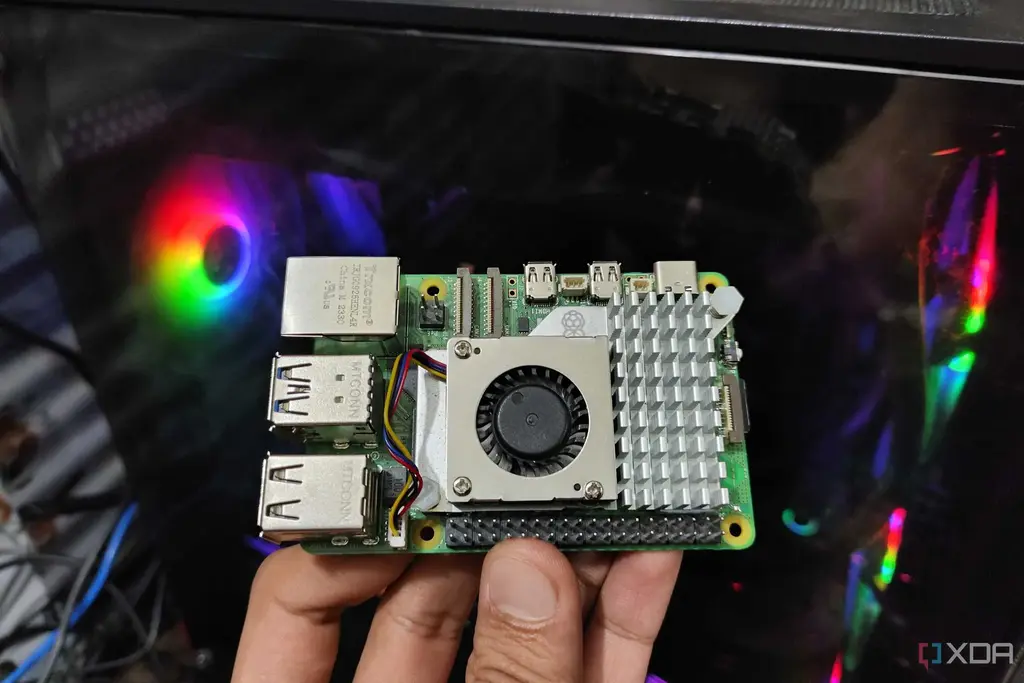Essentially, firmware is a form of low-level software that instructs hardware on how to operate and interact with other devices and components. For instance, firmware tells a computer to turn on when you press the power button, and it also tells a Raspberry Pi how to read micro-SD cards and USB drives.
Depending on what you do with your Raspberry Pi, you might never need to update its firmware. Aside from the occasional bug fix, you only have to update your Raspberry if you upgrade a project with new processors, memory chips, or printed circuit boards. You probably won’t need a firmware update if you only use the Raspberry Pi to power a mini RC rover, but if you feel like adding a bit more processing power to a device running Windows 11, you’d better install new firmware.
So, this may mostly not really be required, but it is handy to know if you plan to re-purpose your Pi with newer hardware.
See https://www.xda-developers.com/how-to-update-the-firmware-on-raspberry-pi/

